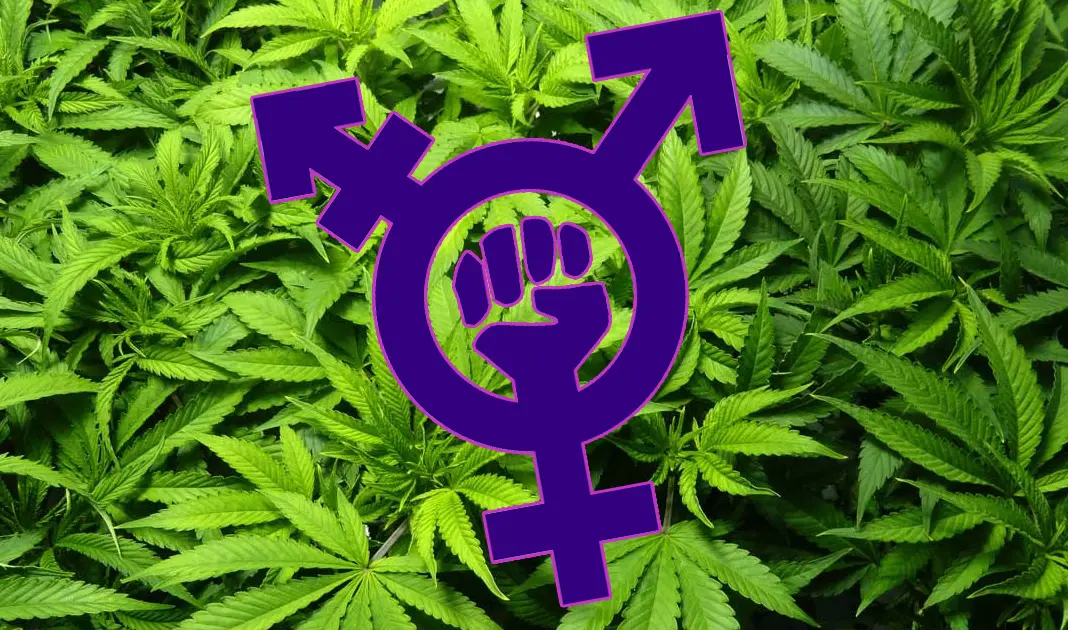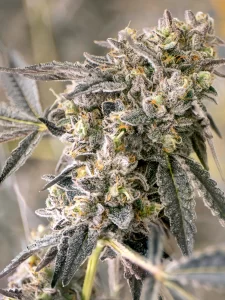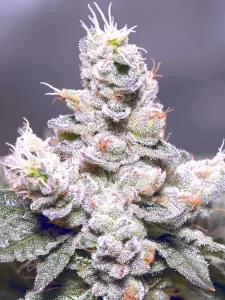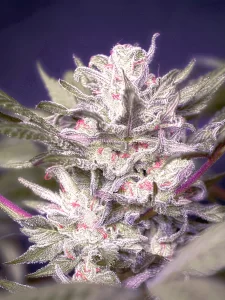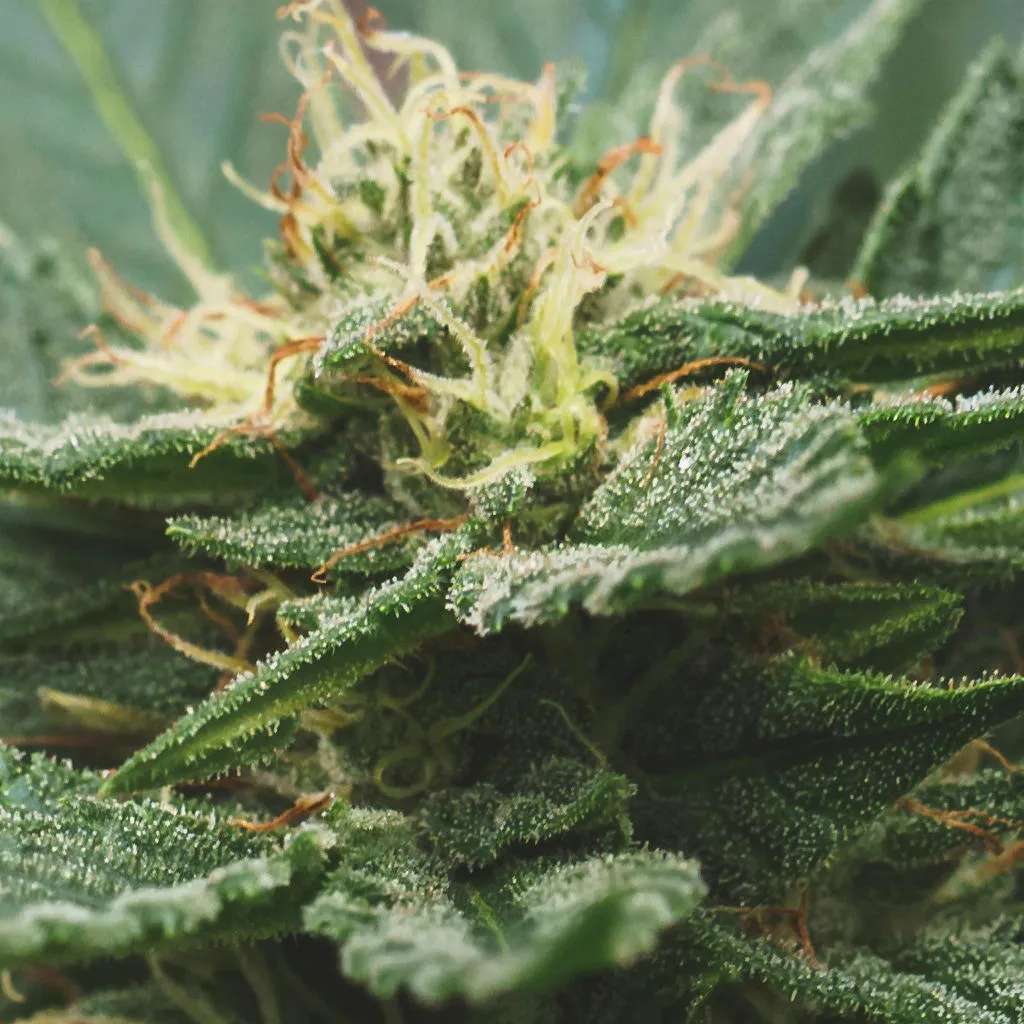Third wave feminism began in the mid-90s, and a group known as Generation Xers led it. They were born around the 60s and 70s, and their feminist acts continue to live up until today. The movement is still growing, but its most essential values include gender equality, body positivity, sex positivity, identity, and ending violence against women.
Along with the changes comes the reform of laws regarding marijuana. Social perception has now modified, and people have become more accepting. Legal marijuana is one of the fastest growing industries in the United States. Weed advocates believe that it does not just relieve chronic pain but can also bring joy – and many female entrepreneurs are behind the acceptance.
According to a news source last year, legal marijuana may be the first ever billion-dollar industry that is not dominated by men. Many female entrepreneurs argue that this industry has fewer barriers because it is still new. Several women are fans of weed, but there remains a stoner gap when it comes to gender as statistics show that there are twice more men who smoke cannabis than women.
The public image of a female stoner may still be in its infancy. However, when away from the media, medical cannabis has been changing the lives of women for many years – especially those who are in chronic pain. Some symptoms that only afflict women, including menstruation pains, can be alleviated by simply smoking a joint.
There are even some supporters that attest that conditions, including osteoporosis, insomnia, and breast cancer, can be treated with marijuana. Women also claim they have better orgasms with the help of cannabis.
Feminists and Stoners
Some female users understandably distance themselves from the term “stoner.” However, it is now normal these days for women to fully embrace it. In fact, some would argue that the word is analogous to “feminist.” Although many would not agree with the comparison, both a stoner and a feminist are subject to persistent stereotypes, which may not always be hateful but are usually misconceived.
A stoner and a feminist have proponents as they support their underlying principles and yet some would hesitate to be associated with either term for fear of social stigma or maybe grave repercussions. By definition, a feminist supports gender equality, while a stoner habitually uses marijuana.
Cannabis remains as the most widely used illegal drug in the world, but it is no longer illicit in many states, including Alaska, Washington, and Colorado. Different individuals enjoy smoking weed, and its use is not limited to a specific gender, profession, level of education, or ethnic background.
A mother may turn to marijuana to alleviate her chronic back pain. A successful lawyer may reach out for a joint instead of a glass of wine to relieve stress. An author may take a vaporizer when she is confronted with her mortal enemy: writer’s block.
A safe and legal industry where a woman is well-represented, along with the tangible differences to her quality of life, shows feminism. The key is to project support and acceptance toward being an advocate of both cannabis and the movement, instead of focusing on their controversies.

